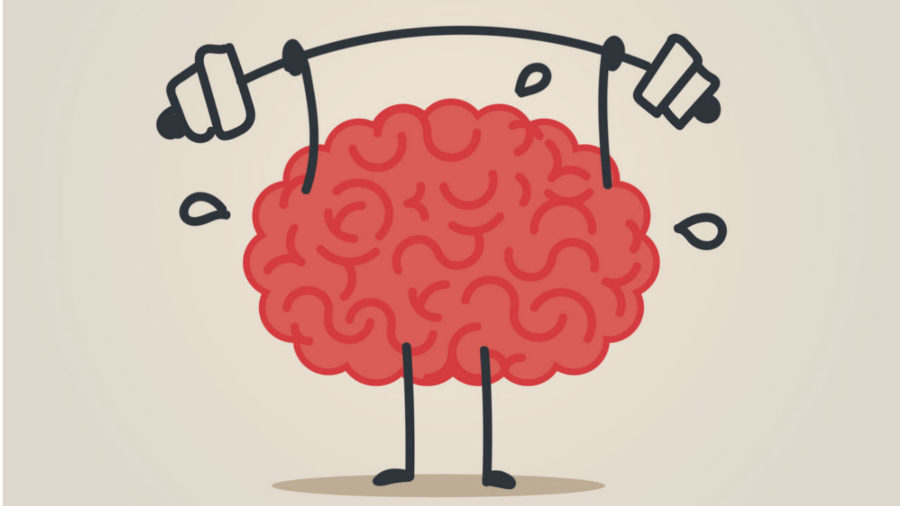Rechkemmer: Prioritizing mental health
June 22, 2020
To say 2020 has been a rough year would be an understatement. Each of us has faced countless challenges, and every time we open the news, we are bombarded with crisis after crisis. In just six months we have weathered a global pandemic, severe economic downturn, threats of war, police brutality, political instability and overall crushing feelings of uncertainty. This year’s events have been a lot to handle and they do not seem to be subsiding.
On top of everything else, or perhaps because of it, our country is facing another invisible emergency: the state of our mental health.
Even before this year, the United States significantly lacked in mental health resources. Youth mental health is worsening, suicidal ideation is increasing and many people who are suffering are not receiving the care they need. This is mostly because our mental health care system is significantly underfunded and difficult to access.
The circumstances of this year have only exacerbated this country’s already precarious state of mental health. Essential workers have been especially vulnerable, as they face intense pressure and burnout caused by their jobs.
Isolation and economic fears due to the pandemic are increasing the levels of depression and anxiety in the U.S. and making it more difficult to access necessary treatment.
Levels of post-traumatic stress disorder, substance abuse and suicide have also been on the rise, which parallels past eras of economic and civil instability in our country.
So far, the United States government has done little to nothing to address the growing mental health emergency. There have been no White House briefings regarding mental health, no plans released and very little funding allocated to mental health resources. Many people feel they are struggling on their own without a foreseeable solution.
Still, as always, there is hope.
No matter how much you may feel alone, you are not. There are many resources available for people to seek information about mental health and ways to obtain treatment. Learning about the steps you can take to take care of yourself and your loved ones can have tangible positive impacts on mental health.
Lastly, if anybody reading this resonates with the feeling of struggling alone, I encourage you to reach out. Reach out to your family and friends, to a counselor or even to me (my email is [email protected]). As somebody who has struggled with mental health for many years, I know how hard it can be to make yourself vulnerable and ask for help. I also know how important it is to do just this. You are not a burden, you are not alone and you deserve to be happy and healthy.
Prioritize your mental health, even if that means taking a break from reading and participating in the news. It is important to be informed and active, but it is more important to be safe and healthy. No matter how uncertain things may seem, there is always hope.
We will get through this.







